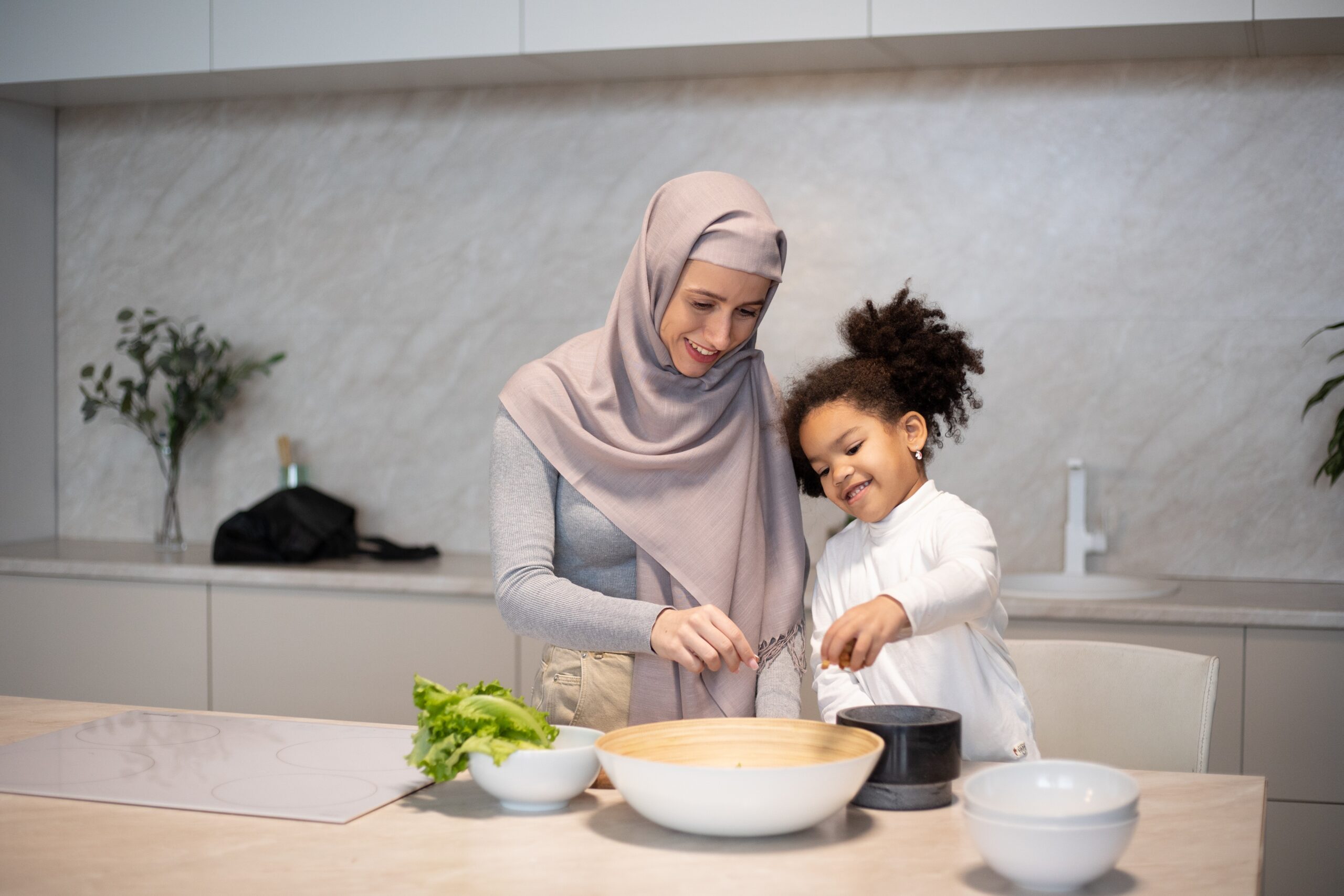Parenting is an intricate and multifaceted journey that presents a myriad of challenges and rewards. As parents, we are responsible for nurturing and guiding our children as they grow, helping them develop into responsible and well-adjusted adults.

In this endeavor, role models play a pivotal role. They serve as beacons of inspiration, guiding lights that help shape the values, beliefs, and behaviors of our children. The significance of role models in parenting cannot be overstated, as they influence our children’s development in profound ways.
Defining Role Models in Parenting
Before delving into the importance of role models in parenting, it’s essential to understand what role models are and the various forms they can take. Role models are individuals who demonstrate qualities, values, and behaviors that we admire and wish to emulate. They can be found in various spheres of life, including family, friends, celebrities, historical figures, and even fictional characters.

In parenting, role models can be both direct and indirect. Direct role models are typically people within a child’s immediate circle, such as parents, grandparents, and older siblings. Indirect role models encompass individuals or characters children admire from a distance, such as famous athletes, scientists, or fictional superheroes.
The Power of Modeling Behavior
Children are like sponges, absorbing information and experiences from their environment at an astonishing rate. From a very young age, they observe and mimic the behavior of those around them. This process of observational learning is fundamental to their development, and role models play a central role in this dynamic.
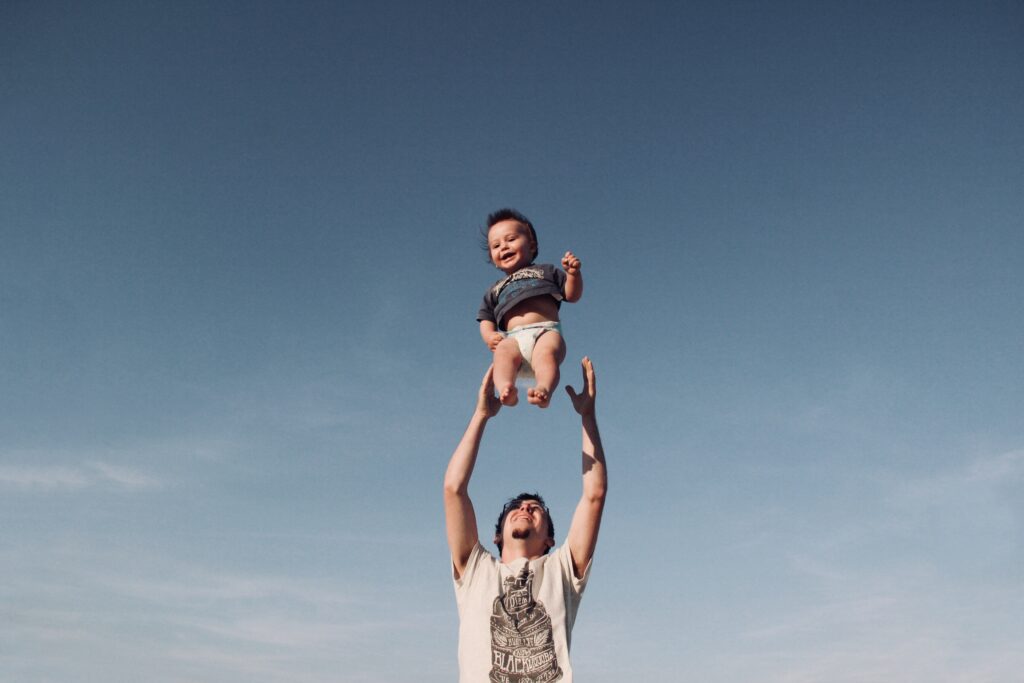
When children witness positive behaviors and values in their role models, they are more likely to adopt and internalize these qualities. For example, if a child sees their parents demonstrating kindness, empathy, and respect in their interactions with others, they are more likely to develop these traits themselves. On the flip side, if a child’s role models display negative behaviors like aggression or intolerance, these traits may also be absorbed.

It’s important to note that role models don’t just shape a child’s character; they also influence their aspirations and ambitions. When children have role models who have achieved success through hard work and perseverance, they are more likely to set high goals for themselves and believe in their ability to attain them.
Role Models as Sources of Inspiration
Role models serve as a wellspring of inspiration for children. Whether it’s a parent, a historical figure, or a fictional character, the stories of these individuals can motivate children to strive for greatness and overcome obstacles. For example, the story of Mahatma Gandhi’s nonviolent struggle for India’s independence can inspire children to stand up for what they believe in and work towards positive change in their own lives.
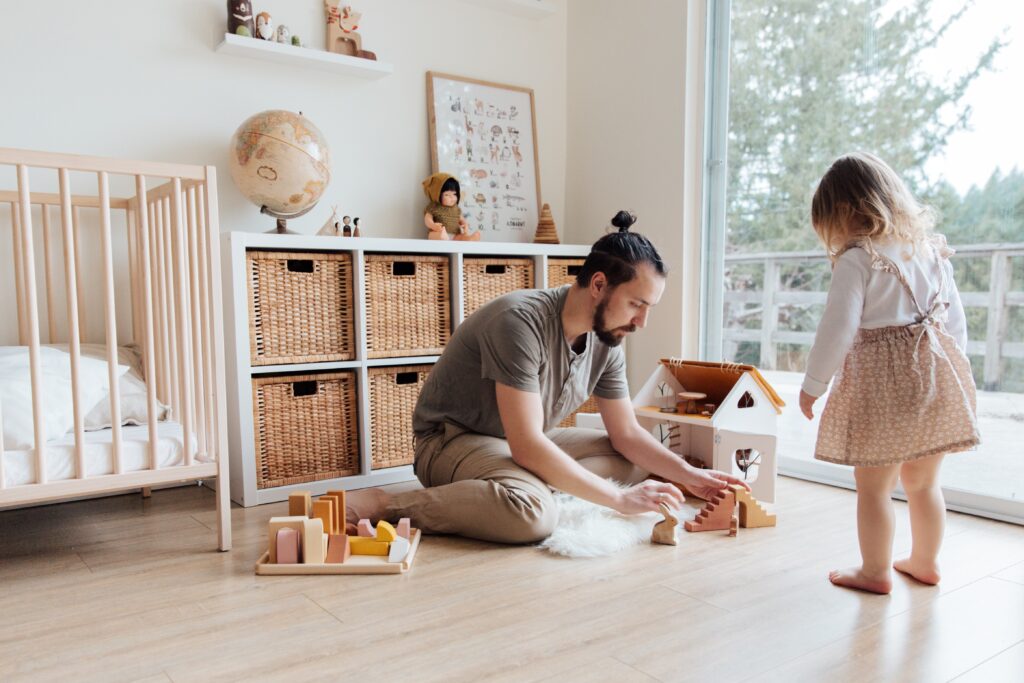
Parents, in particular, have a unique opportunity to be inspiring role models for their children. When parents pursue their passions, achieve their goals, and demonstrate resilience in the face of challenges, they show their children the value of determination and perseverance. This, in turn, can instill a sense of purpose and drive in the young minds watching and learning from them.
Role Models and Moral Development
Moral development is a crucial aspect of a child’s upbringing, and role models play a pivotal role in shaping a child’s moral compass. Children often look up to their parents as the primary source of moral guidance. Therefore, parents have a profound responsibility to model ethical behavior and values.

When parents consistently demonstrate honesty, integrity, and fairness in their actions and decisions, they provide a strong foundation for their children’s moral development. Children learn to distinguish right from wrong by observing how their role models handle moral dilemmas and ethical challenges.
However, the influence of role models is not limited to parents alone. Children are exposed to a wide range of role models in their daily lives, and these individuals can also contribute to their moral development. Teachers, coaches, and community leaders, for instance, can impart valuable life lessons and ethical principles that complement what children learn at home.
Building Self-Esteem and Confidence
Self-esteem and confidence are essential for a child’s emotional well-being and success in life. Role models play a critical role in helping children develop a positive self-image and a strong sense of self-worth.
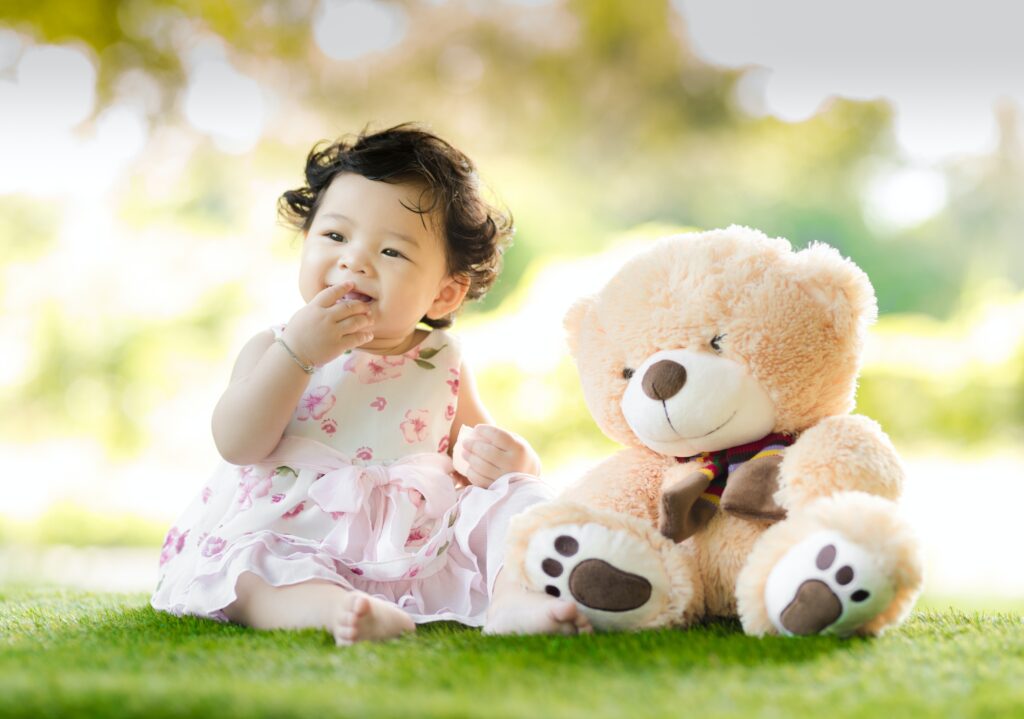
When children have role models who believe in them and provide encouragement and support, it boosts their self-esteem. A parent who cheers on their child at a soccer game or celebrates their achievements in school helps the child develop a healthy sense of self-worth. This, in turn, enables the child to approach challenges with confidence and resilience.

Furthermore, role models can help children understand that it’s okay to make mistakes and that failures are opportunities for growth. When children see their role models persevering through setbacks and learning from their experiences, they are more likely to adopt a growth mindset, which fosters resilience and a willingness to take on new challenges.
Diversity in Role Models
It’s crucial to recognize that the influence of role models extends beyond a child’s immediate family and cultural context. Exposing children to a diverse range of role models can broaden their horizons, promote tolerance, and encourage open-mindedness.
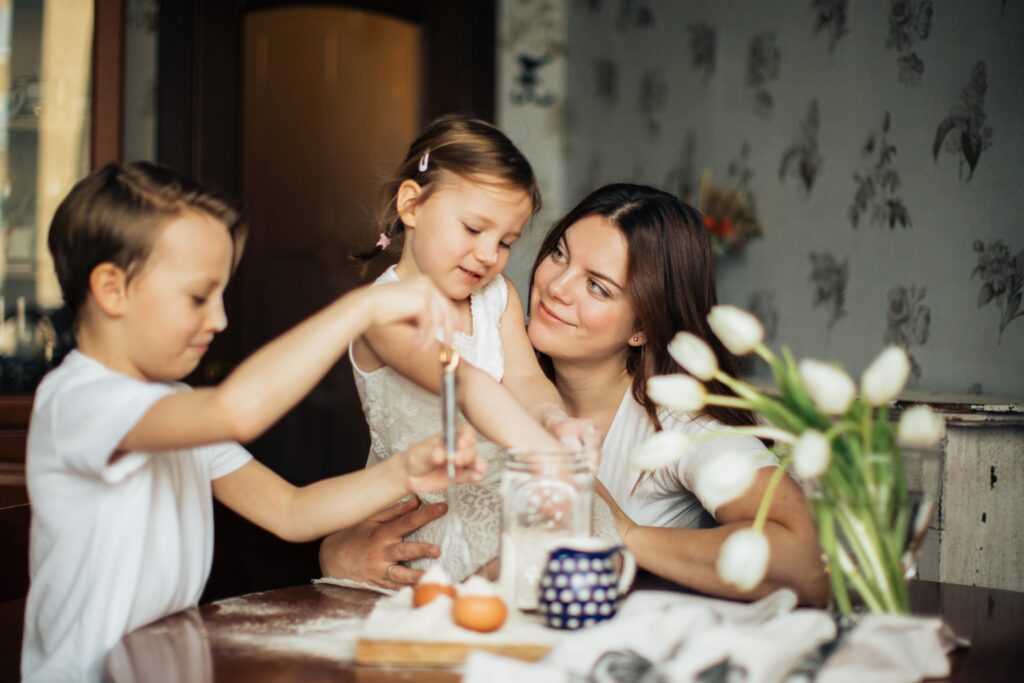
Diverse role models help children understand and appreciate differences in race, culture, gender, and abilities. This exposure fosters empathy and inclusivity, teaching children to respect and embrace diversity in all its forms.
Parents can play a pivotal role in exposing their children to diverse role models by sharing stories and experiences from different cultures, encouraging friendships with children from various backgrounds, and celebrating cultural traditions and holidays from around the world. By doing so, parents help their children develop a more inclusive worldview.
The Impact of Negative Role Models
While positive role models can have a profoundly positive impact on children, negative role models can also leave lasting impressions. Negative role models may exhibit behaviors such as dishonesty, cruelty, or substance abuse, which can be detrimental to a child’s development.

Parents must be aware of the potential negative role models in their children’s lives and take steps to mitigate their influence. This may involve discussing the behavior of negative role models with children, helping them understand the consequences of such behaviors, and providing alternative role models who embody positive values.
Conclusion
In the journey of parenting, role models are indispensable guides who shape the values, behaviors, and aspirations of our children. Whether they are parents, historical figures, teachers, or fictional characters, role models inspire, educate, and influence young minds in profound ways.
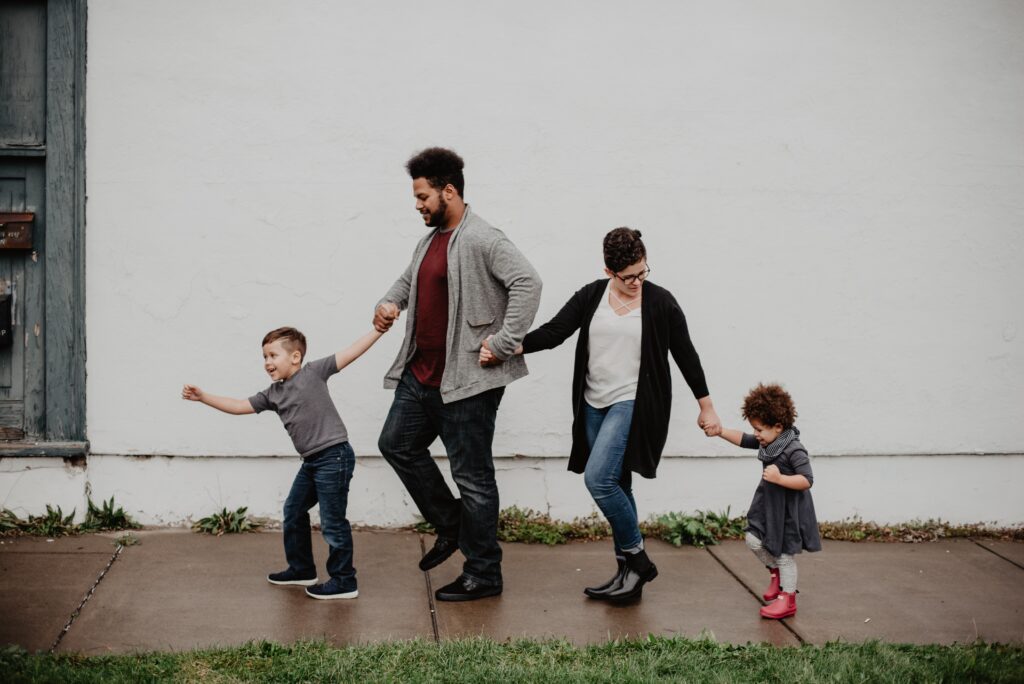
By embracing their role as positive role models and exposing their children to diverse influences, parents can help nurture the next generation with the values and qualities needed to thrive in an ever-changing world.
As parents, we must recognize the significance of role models and strive to be the best role models we can be for our children, ensuring they have the guidance and inspiration they need to reach their full potential.
Read: The 5 Best Home Diabetes Test Kits of 2023
Role Models in Parenting Role Models in Parenting Role Models in Parenting Role Models in Parenting Role Models in Parenting Role Models in Parenting Role Models in Parenting Role Models in Parenting Role Models in Parenting

